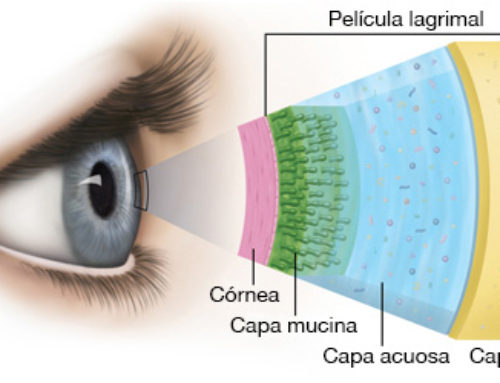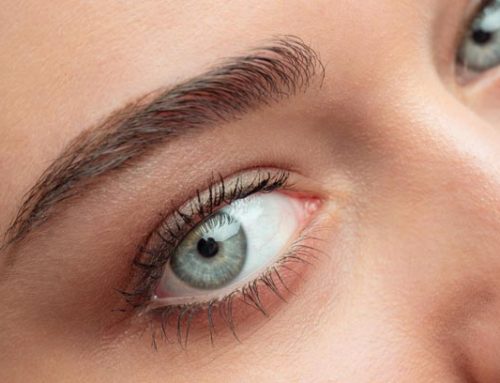The problem of dry eyes is more common in women, especially with the onset of menopause, and generally in older people.
If your eyes itch or feel gritty, you may have dry eyes and need treatment. Below are some of the causes, symptoms and treatments for dry eyes. If you would like more information, it is best to visit your ophthalmologist.
1. Causes of dry eyes
Dry eye has multiple causes, but basically it all revolves around a lack of moisture in the eye, either from a lack of tears or some other component.
The most common cause of dry eye is inflammation of the tear gland, which causes a reduction in the production of tears that lubricate the eye.
Dry eye can also be caused by the use of medications, such as those prescribed for anxiety, depression, or allergies, as well as environmental conditions such as wind, dry air, etc.
In pregnancy, and as a consequence of the hormonal alteration, women can also have dry eyes, although after giving birth this type of problem usually disappears.
2. Dry eye symptoms
There are people who do not go to the doctor because they assume that all these problems are due to their delicate eyes. If your eyes are itchy, red, uncomfortable when you blink, or feel like something’s got into your eye, then you may have dry eyes.
3. Dry eyes treatment
The ophthalmologist is responsible for carrying out the tests and determining the cause of the problems. It is therefore essential to go to the doctor’s surgery to be recommended for the treatment to be followed.
For the relief of the discomfort, in principle he may recommend lubricating drops, also known as artificial tears.
Often this discomfort is due to an inflammation of the tear glands. An anti-inflammatory is therefore administered to reduce the inflammation, with the idea that the patient will produce more and better quality tears.
The majority of cases of dry eyes are resolved with medication and by changing the conditions of the environment. That is, seeking to expose the patient less to dry or polluted air environments, and to air currents.


Leave A Comment